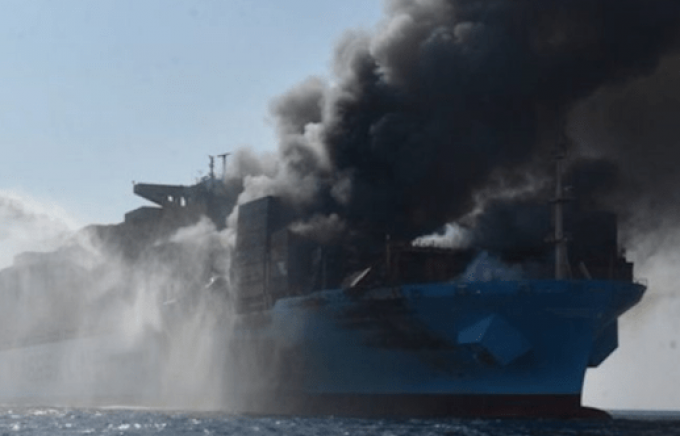Path now clear for Cosco to join consortium to buy HPH port terminals
The expiry of yesterday’s 145-day deadline for exclusive negotiations between Hutchison Port Holdings (HPH) and ...

Maersk Line has confirmed the “most likely” port of refuge for the fire-damaged Maersk Honam as Jebel Ali, Dubai – but it may be weeks before the ship can berth.
Which means it could be months before the surviving containers reach their original destination.
The ship was originally thought to be under tow for Mumbai, ...

Comment on this article